Jute Sack & Burlap Bag-Sustainable Packaging Solutions|Jute Bags Bulk[Jute Gift Bags Wholesale]
Jute, often referred to as the "golden fibre," has emerged as a critical alternative to synthetic materials like plastic. This natural fibre, known for its durability and biodegradability, is revolutionizing the packaging industry. In this article, we delve into the features of jute sacks and burlap bags, their technical specifications, applications, and the company behind these eco-friendly products.
What is Jute? A Natural Alternative to Plastic
Plastic pollution has become a global crisis, with non-biodegradable materials posing severe threats to ecosystems. Researchers have tirelessly sought sustainable alternatives, and jute has risen as a promising solution. Jute, a natural fibre, is second only to cotton in global production. Its long, soft, and shiny fibres are spun into strong threads, making it an ideal replacement for synthetic materials.
According to the National Institute of Standards and Technology (NIST), sustainable materials like jute play a vital role in reducing environmental impact. Jute's biodegradability and low carbon footprint align with NIST's standards for eco-friendly innovations. This makes it a preferred choice for industries aiming to minimize their environmental footprint.
Types of Jute Bags: A Variety of Sizes and Uses
Jute bags come in diverse sizes and configurations, catering to various applications. Below is a detailed overview of the available options:
| Size | Weight | Application |
|---|---|---|
| 75CM 110CM | ~1000g | Flood prevention, heavy-duty storage |
| 74CM 105CM | ~600g | Lightweight packaging, small item storage |
| 60CM 100CM | ~480g | Hardware packaging, agricultural use |
| 50CM 74CM | ~300g | Small item storage, DIY projects |
| 40CM 60CM | ~200g | Gift packaging, promotional items |
Customizable sizes are also available, allowing businesses to tailor jute bags to their specific needs. This flexibility makes them suitable for industries ranging from agriculture to retail.
Product Gallery: Visualizing Jute Sacks and Burlap Bags
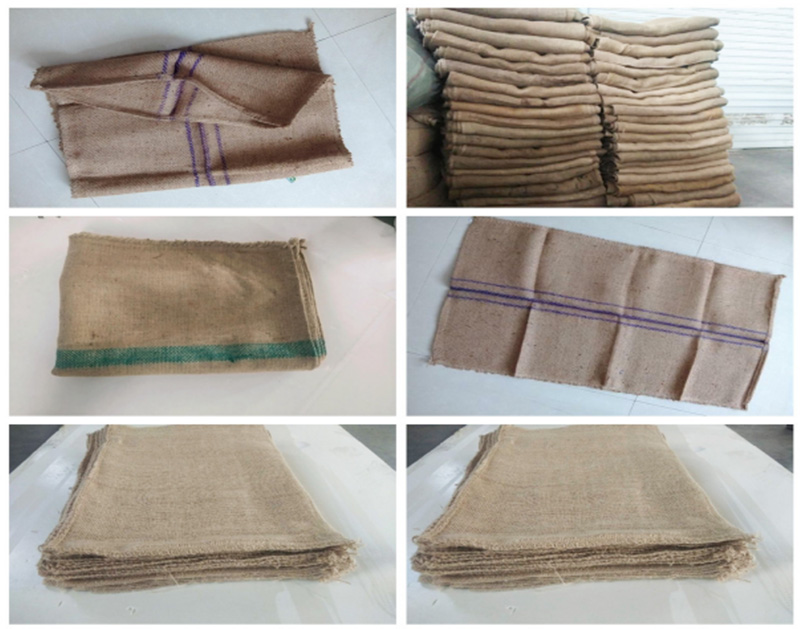
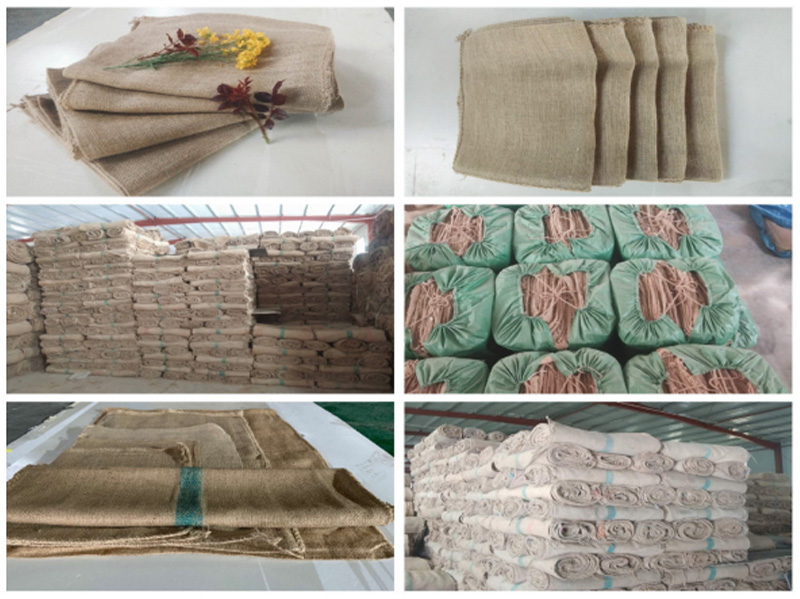
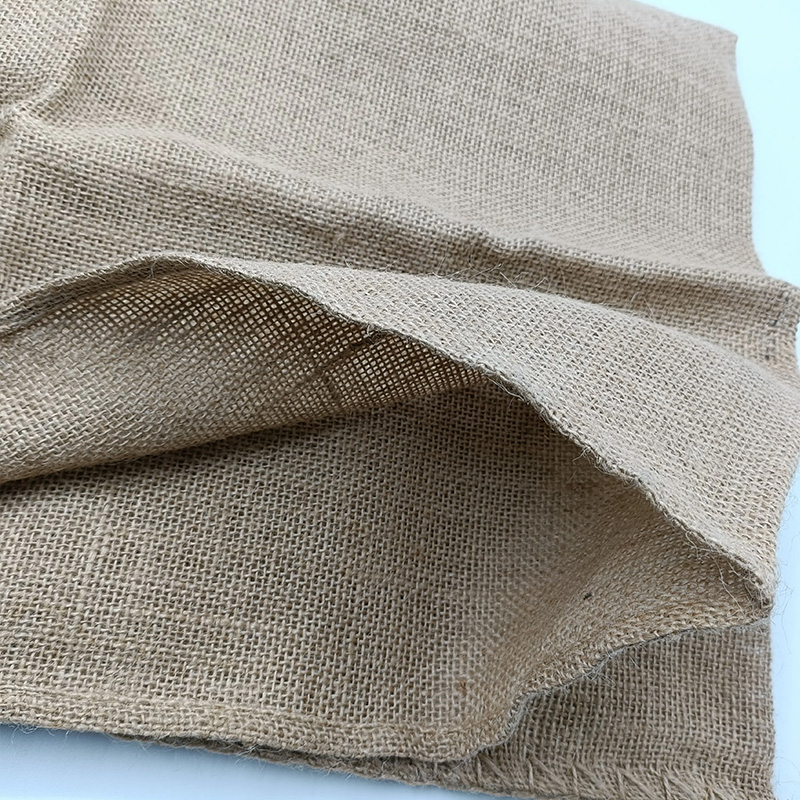
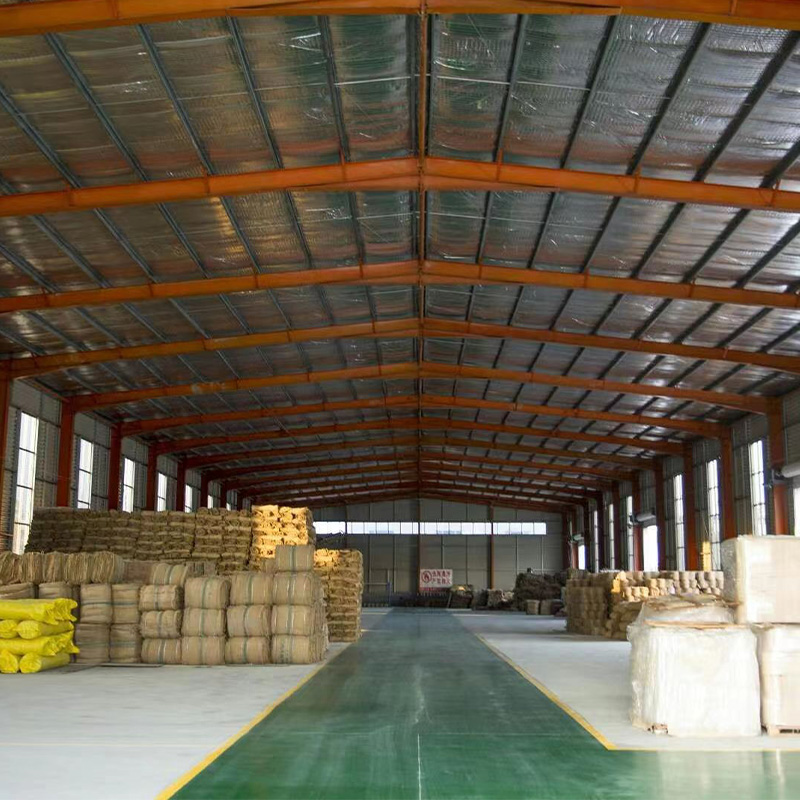
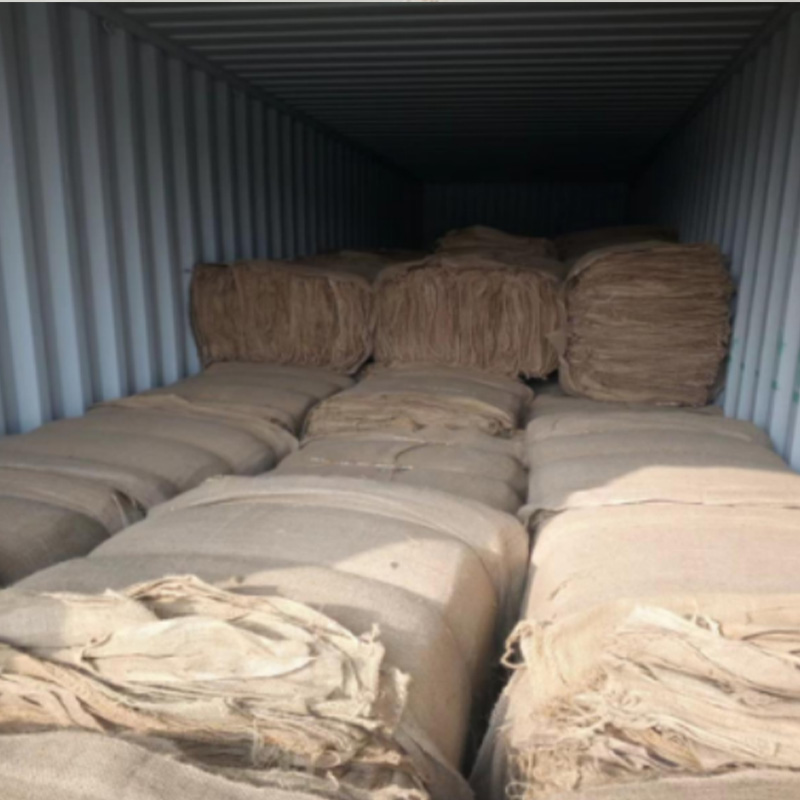
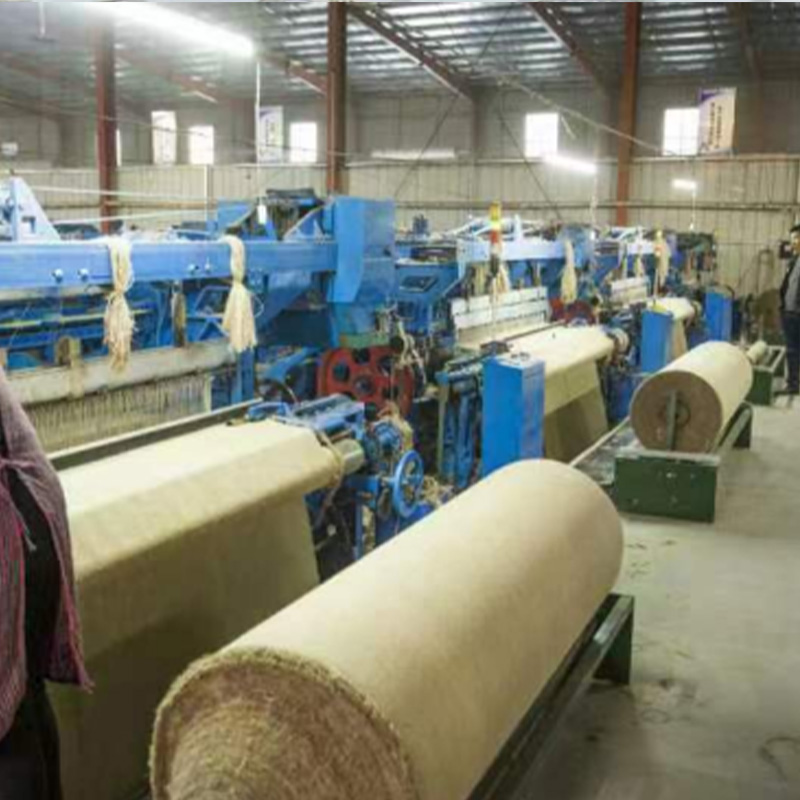
These images showcase the versatility of jute bags, from large industrial sacks to small, personalized options. Each design emphasizes sustainability without compromising on quality.
Technical Specifications: Understanding the Product
Jute sacks and burlap bags are engineered for durability and functionality. Key technical specifications include:
- Material: 100% natural jute fibre
- Weight Capacity: Varies by size, with heavy-duty options supporting up to 10kg
- Dimensions: Customizable to meet specific requirements
- Biodegradability: Fully decomposable within 1-2 years under natural conditions
- Environmental Impact: 70% lower carbon footprint compared to plastic alternatives (NIST studies)
The jute sacks are designed to withstand harsh conditions, making them ideal for agricultural, industrial, and retail applications.
Applications: Where Jute Bags Excel
Jute bags are used across multiple sectors due to their versatility and eco-friendly nature:
- Agriculture: Storing grains, seeds, and fertilizers
- Construction: Sand and soil packaging for flood prevention
- Retail: Eco-friendly shopping bags and promotional items
- Manufacturing: Packaging hardware components like screws and nuts
The company emphasizes the adaptability of jute bags, stating, "Our products are tailored to meet the unique demands of each industry, ensuring both sustainability and practicality."
Company Background: XINGTAI SHUODING TRADING CO., LTD
Based in China, XINGTAI SHUODING TRADING CO., LTD is a leading supplier of jute products. The company specializes in jute bags bulk and jute gift bags wholesale, serving clients globally. With a commitment to sustainability, the company aligns with NIST's guidelines for environmentally responsible manufacturing.
According to the company's website, "We are dedicated to providing high-quality, eco-friendly packaging solutions that meet international standards. Our products are designed to reduce plastic waste and promote a greener future."
Conclusion: Embracing Sustainable Solutions
Jute sacks and burlap bags represent a significant shift towards sustainable packaging. Their durability, biodegradability, and versatility make them an excellent alternative to plastic. As industries prioritize environmental responsibility, the demand for jute-based products is expected to grow.
For businesses seeking eco-friendly packaging, XINGTAI SHUODING TRADING CO., LTD offers a reliable source of jute bags in bulk and personalized jute bags wholesale. By choosing jute, companies can contribute to a healthier planet while maintaining product quality and functionality.
References
NIST (National Institute of Standards and Technology): https://www.nist.gov/
Information on sustainable materials and environmental standards is sourced from NIST's research on eco-friendly innovations.
Share
-
Lithium Battery Welding Machine | High-Precision, Fast, SafeNewsNov.17,2025
-
Aluminium Guide Roller | Anodized, Lightweight, Low-NoiseNewsNov.17,2025
-
Tofu Cat Litter Bulk – Eco, Low-Dust, Fast Clumping SupplyNewsNov.17,2025
-
Equipment for Lithium Cell Assembly | Automated & PreciseNewsNov.10,2025
-
Square File Tool – Precision Cut, Hardened Steel, VersatileNewsNov.10,2025
-
Lithium Ion Battery Assembly Machine | Automated, High-SpeedNewsNov.10,2025







